I talk a lot about book covers and other book marketing strategies on this blog, but one thing we don’t spend enough time on are author websites. And they are crucially important to an author’s success, but to be clear, I don’t mean that you have to have a website that’s big and elaborate. In fact, sometimes the simplest websites are the best! The type of website you have, and therefore the book marketing strategies you use, really depends on your goals.
Websites, like book covers, rely solely on first impressions – and readers (potential buyers) instantly know a good book cover from a bad one, and a good website from a bad one, and with all the competition out there, you won’t get a second chance. So let’s go through a list of must-haves first, before we dig into more:
Website Goals
First and foremost you need to determine the goals for your homepage – not just your website. I mean, I understand that you want to sell books but you may have other goals as well. Maybe you want to do speaking events, or get more media – or maybe you have a second book coming out you want to tell everyone about. Where do you begin?
First off, be careful how much you want to cram onto your homepage. Consider the toothpaste aisle at your local grocery store. Lots of options, lots of different tubes of toothpaste and you know what? It’s overwhelming. The confused mind either doesn’t choose, or goes for the familiar.
Now, let’s break this down by genre.
If you’ve written non-fiction – and let’s say you have a book that’s tethered to your business or speaking, then your primary goal for the homepage likely won’t be selling your book. The goal is probably to get people to use your company, sign up for your consulting, or book you for speaking.
If your book is fiction, then yes you want to have your book on the homepage, but honestly when was the last time you bought a book off an author website? Probably not recently unless the person was a friend, a writer’s group buddy, or your kid. For this reason I’m going to suggest having a mailing list sign up front and center on your website.
Your Author Mailing List
Even if you just opt for a basic site, you should still have a mailing list. Why? Because readers turn into fans and fans love hearing about your next release and – in some cases – fans can also help you spread the word about your book! This is one of my favorite book marketing strategies. Make signing up for your mailing list easy and worthwhile. What do you want in exchange for sharing your information? Consider giving them something in exchange for signing up.
Don’t bury your mailing list down up down on the page, making a reader scroll – because most won’t. Make sure your signup and your reader magnet are up top, ideally on the right-hand side of your website. Why right? Because we read from left to right, and we scan websites in a “Z” fashion.
Selling Your Book
How you decide to sell your book on your website is really about whether or not you want to ship copies of your book. Have a bookstore on your site, but consider sending folks to Amazon, or maybe (at most) two other places. Again consider the toothpaste aisle, giving a reader too many places to buy your book will only cause them to do nothing and leave.
Promote What You’re Proud Of
Maybe this sounds silly, I mean why would you promote something that doesn’t put you and your work in the best light, but it’s amazing how many times I see an author with social media icons for sites they haven’t updated in ages, or a bio that’s outdated. Or a link to your author page on Amazon and the author has no author photo or bio. Details matter. Remove those social media sites that you don’t update, and fix whatever else you need to – or just take off the link. If you haven’t updated your blog in months, then don’t showcase it. It makes you look like you aren’t showing up for your own party.
Review Your Site Every Month
On the heels of the bullet above, it’s always good to review your site. I’m always surprised at things I find, or don’t find, as the case may be. It’s all a part of your first impression and your chance to sell your book. I’ll say it again; details matter. For example, if your website’s home page is still announcing your upcoming release two months after it’s come out – it shows you don’t take yourself seriously, so why should readers?
Be Unique and Be Memorable
The one thing you have that can set you apart from the competition is your author brand. Small details can do big things for your likability! One author I know asks people to tell her the best place to get pizza in their hometown when they use her contact form. It also happens to tie into her brand (one of her book is set in an Italian restaurant). So doing things like that; tying your brand into who you are and again, being memorable. At my firm, we’re big dog lovers – so you’ll see pictures of our dogs on the About Penny page as well as on our podcast page. If you haven’t seen the furry podcast team, you really should take a look: https://amarketingexpert.com/podcast/
If you’re new to the website world, or you have a website that you know needs updating, do some recon! Search similar authors in your genre and see what they’re doing. Find websites you enjoy visiting, consider why you sign up for some newsletters or marketing emails and not others. Incorporate ideas that are reasonable for your platform and make them your own!
Finally, if you write across different genres make the experience positive for each of those markets. Example is making the site welcoming for your cozy mystery fans, giving them a dedicated page, and then doing the same for your romantic suspense fans. Don’t assume genre readers are willing to wade through books they have no interest in – you’re asking too much. A good way to do this is to have a main website, and then pages hidden within the site for your various genres. And those pages are what you share when you’re promoting these books.
Author websites are an investment in you, your author brand and your future. Your website is your storefront, it welcomes new readers, engages existing ones, and should, above all, build your author platform.
Resources and Free Downloads
QUIZ: How to Turn Browsers into Buyers while Boosting Reader Engagement
How to Sell Self Published Books Through Your Website
5 Questions to Ask Yourself to Create a Stronger Author Brand
Check out the Alliance of Independent Authors for news and resources
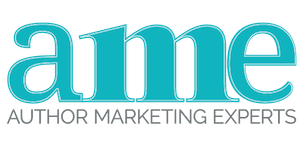
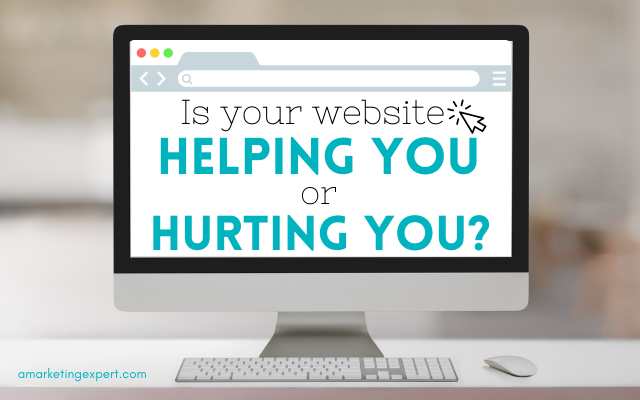
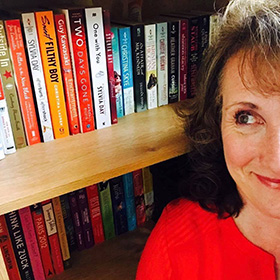
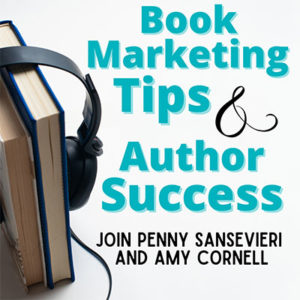
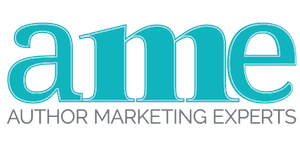
Directing customers to buy your book on Amazon or at bookstores raises the profitability issue. You put the profit in their pocket not yours. Yes, it takes work to store and ship books and you have to have a decent buyback percentage from your publisher (50% is the bare minimum) to make it worthwhile. Otherwise all your marketing efforts go into making money for the retailers. Can be very discouraging for new authors who were hoping to have an income stream.
True, but an unknown/first time author doesn’t generally drive a lot of sales to their website, specifically. And even many seasoned authors I know don’t sell a lot off of their website, so it’s absolutely worth a listing to retailers to grab the sale!